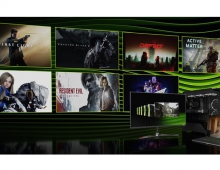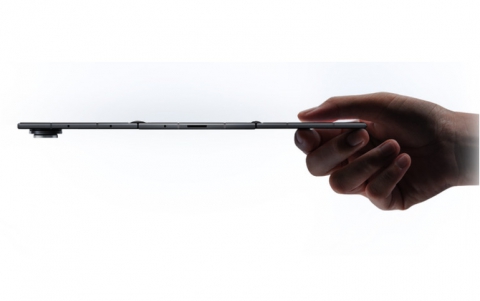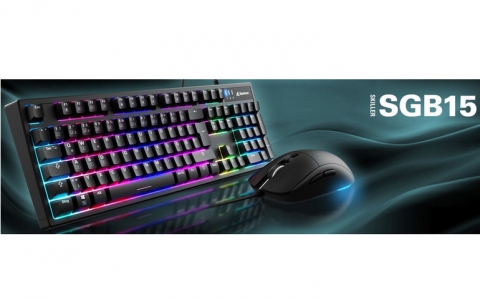
Nvidia Responds To Intel Court Filing
Nvidia today responded to a Monday court filing (Court of Chancery in the State of Delaware) in which Intel alleged that the four-year-old chipset license agreement the companies signed does not extend to Intel?s future generation CPUs with "integrated" memory controllers, such as Nehalem.
The suit is sealed and not available to the public. However, Intel's Nehalem chip, a multi-core processor that will also have an integrated graphics processor and a new bus interface called DMI (direct media interface) seems to be related to the suit. Intel is reportedly arguing that Nvidia is not licensed to create chipsets that take advantage of the new architecture.
"We are confident that our license, as negotiated, applies," said Jen-Hsun Huang, president and CEO of NVIDIA. "At the heart of this issue is that the CPU has run its course and the soul of the PC is shifting quickly to the GPU. This is clearly an attempt to stifle innovation to protect a decaying CPU business."
Nvidia entered into the agreement in 2004 in order to bring platform innovations to Intel CPU based systems. In return, Intel took a license to Nvidia?s portfolio of 3D, GPU, and other computing patents.
Since signing the agreement, Nvidia has offered innovations such as SLI, Hybrid power, and CUDA parallel processing. ION, the most recent innovation, integrates an Nvidia GPU, north bridge and south bridge into one compact die. When combined with a CPU, ION enables a two-chip PC architecture for Intel processors.
"Microsoft recently endorsed ION because it offers consumers an affordable premium Windows experience," Nvidia said. Late last year Apple selected Nvidia?s chipset for its entire new line of notebooks including the MacBook Classic, MacBook Air, MacBook and MacBook Pro.
Huang said that, given the broad and growing adoption of Nvidia?s platform innovations, it is not surprising that Intel is now initiating a dispute over a contract signed four years ago. Innovations like ION, SLI, Hybrid power, and CUDA threaten Intel?s ability to control the PC platform, he said.
Nvidia said that it had been attempting to resolve the disagreement with Intel in a fair and reasonable manner for over a year. Nvidia?s chipsets for Intel?s current CPU bus interface are not affected by the dispute.
"We are confident that our license, as negotiated, applies," said Jen-Hsun Huang, president and CEO of NVIDIA. "At the heart of this issue is that the CPU has run its course and the soul of the PC is shifting quickly to the GPU. This is clearly an attempt to stifle innovation to protect a decaying CPU business."
Nvidia entered into the agreement in 2004 in order to bring platform innovations to Intel CPU based systems. In return, Intel took a license to Nvidia?s portfolio of 3D, GPU, and other computing patents.
Since signing the agreement, Nvidia has offered innovations such as SLI, Hybrid power, and CUDA parallel processing. ION, the most recent innovation, integrates an Nvidia GPU, north bridge and south bridge into one compact die. When combined with a CPU, ION enables a two-chip PC architecture for Intel processors.
"Microsoft recently endorsed ION because it offers consumers an affordable premium Windows experience," Nvidia said. Late last year Apple selected Nvidia?s chipset for its entire new line of notebooks including the MacBook Classic, MacBook Air, MacBook and MacBook Pro.
Huang said that, given the broad and growing adoption of Nvidia?s platform innovations, it is not surprising that Intel is now initiating a dispute over a contract signed four years ago. Innovations like ION, SLI, Hybrid power, and CUDA threaten Intel?s ability to control the PC platform, he said.
Nvidia said that it had been attempting to resolve the disagreement with Intel in a fair and reasonable manner for over a year. Nvidia?s chipsets for Intel?s current CPU bus interface are not affected by the dispute.





















